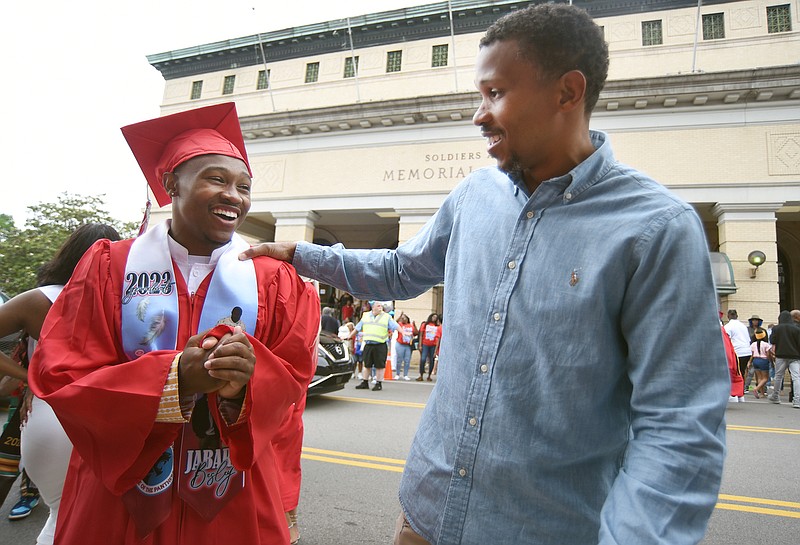Montrell Besley runs a small business renting out a video game trailer. On May 3, he was renting it to a school in Red Bank when he got a notification on his phone.

Residents are training, locking their doors and keeping vigilant for threats
May 20, 2023 at 4:43 p.m.

Montrell Besley runs a small business renting out a video game trailer. On May 3, he was renting it to a school in Red Bank when he got a notification on his phone.